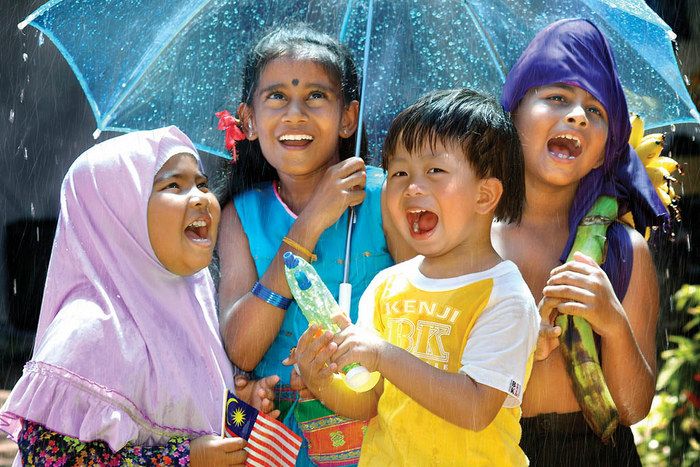Connexion: Scrap this colonial word ‘race’


By Joachim Ng
Each time you fill in a form that asks for your race, and you comply, you are reinforcing a colonial chain. Independence saw most vestiges of colonialism discarded, except this shackle. For many emerging Third World nations it was a useful political instrument to keep.
Race belief is a scam — a 19th century conqueror’s invention to segment human populations into colonisers and the colonised. The first racial classification was a simplistic division into white, black, and yellow races that was later expanded into five continental races to include the reds and browns. The white races were, of course, always stacked on top. Upon gaining independence many nations kept this schema, but repainted the top stack a local colour.
We love wearing the race chain, as even our largest commercial institutions require you to state your race in their application forms. After that comes the line where you state your nationality. So race comes first; nationality comes second. Is that nation building or nation tearing? Are the Malays, Chinese, and Indians three races? No, they are large ethnic clusters that have been formed in three adjoining regions – Nusantara, India, and China.
Genetically, all humans are one species with no sub-division into races. It’s biologically wrong to ask someone his race, as our DNA variations are relatively minor. Keep talking race and we drift further apart because we are heightening this “us” versus “them” feeling. Racial stimulation is a “fight” response evoked by some groups who want you to feel threatened by other human groups. By provoking racial aggravation, they are tearing the country apart.
On August 31 all Perakeans — especially Ipohites — should resolve to scrap this colonial word “race” and replace it with “ethnicity,” as that is the correct term. Ethnicity denotes the sociocultural differences that populations develop in separate regions of the world. No doubt, Perak is a showcase of ethnic facial and skin colour diversity: that’s due to variations in sunlight intensity and other environmental conditions in the ancestral lands of Nusantara, India, and China.
Nevertheless, Ipoh became an innovation hub for colour-blind politics as the townsfolk believed that a person’s capability and commitment to serve counted as more important than his ethnicity. Old-timers remember the Seenivasagam brothers (S.P. and D.R.) from the small “Ceylonese” minority who were elected to govern the town after Merdeka. The dynamic duo established for Ipoh a 15-year-long record of having the cleanest streets and cleanest administration. Ipoh can lead Malaysia again, and one initiative is to abolish the race line in all forms.


